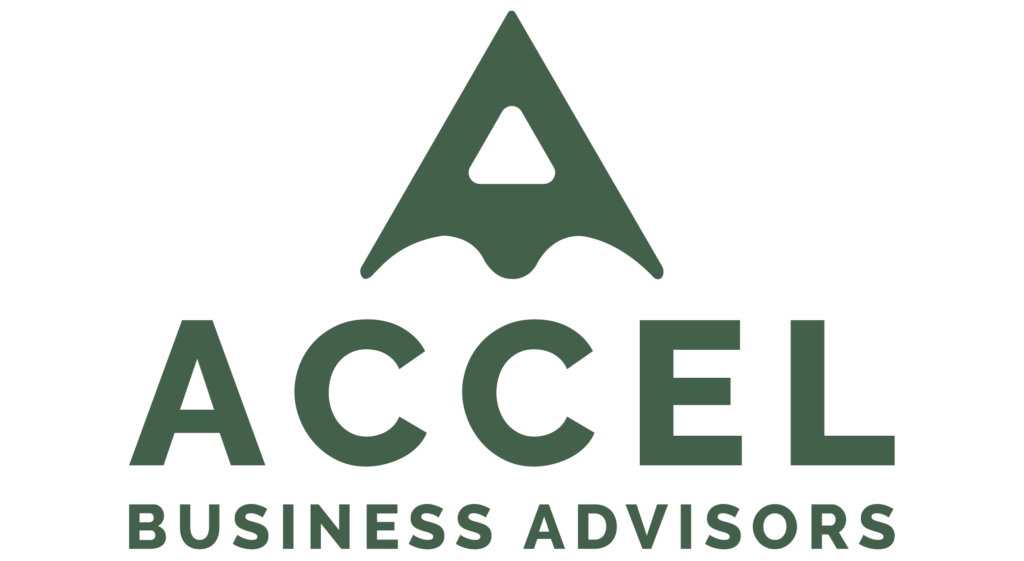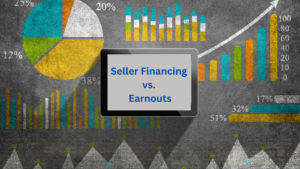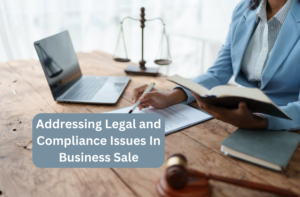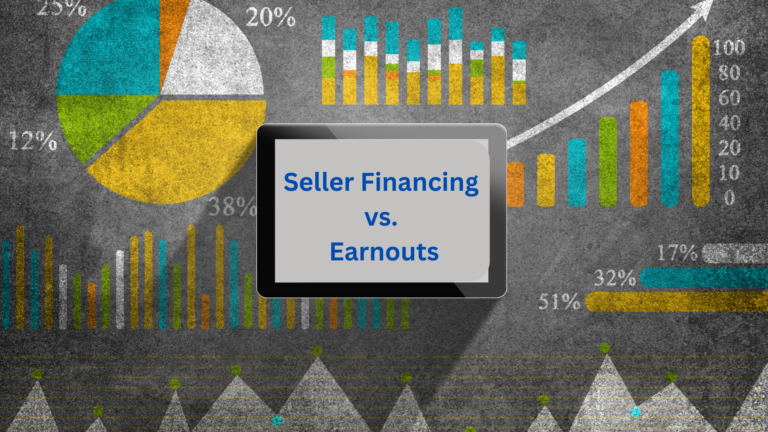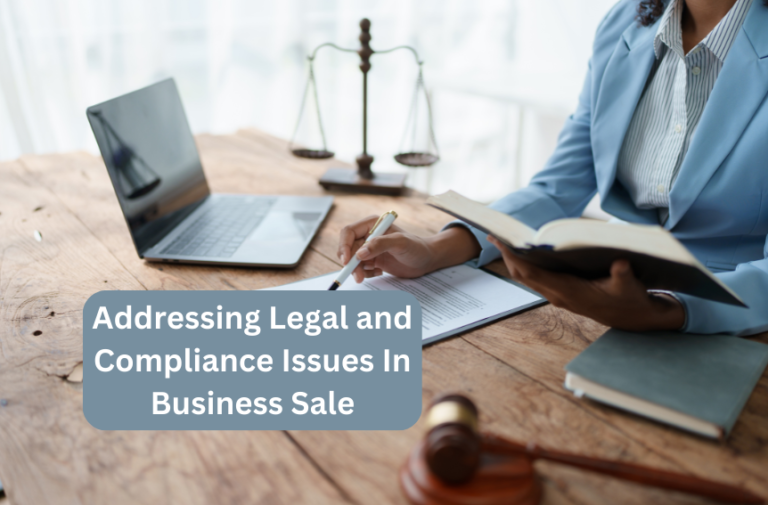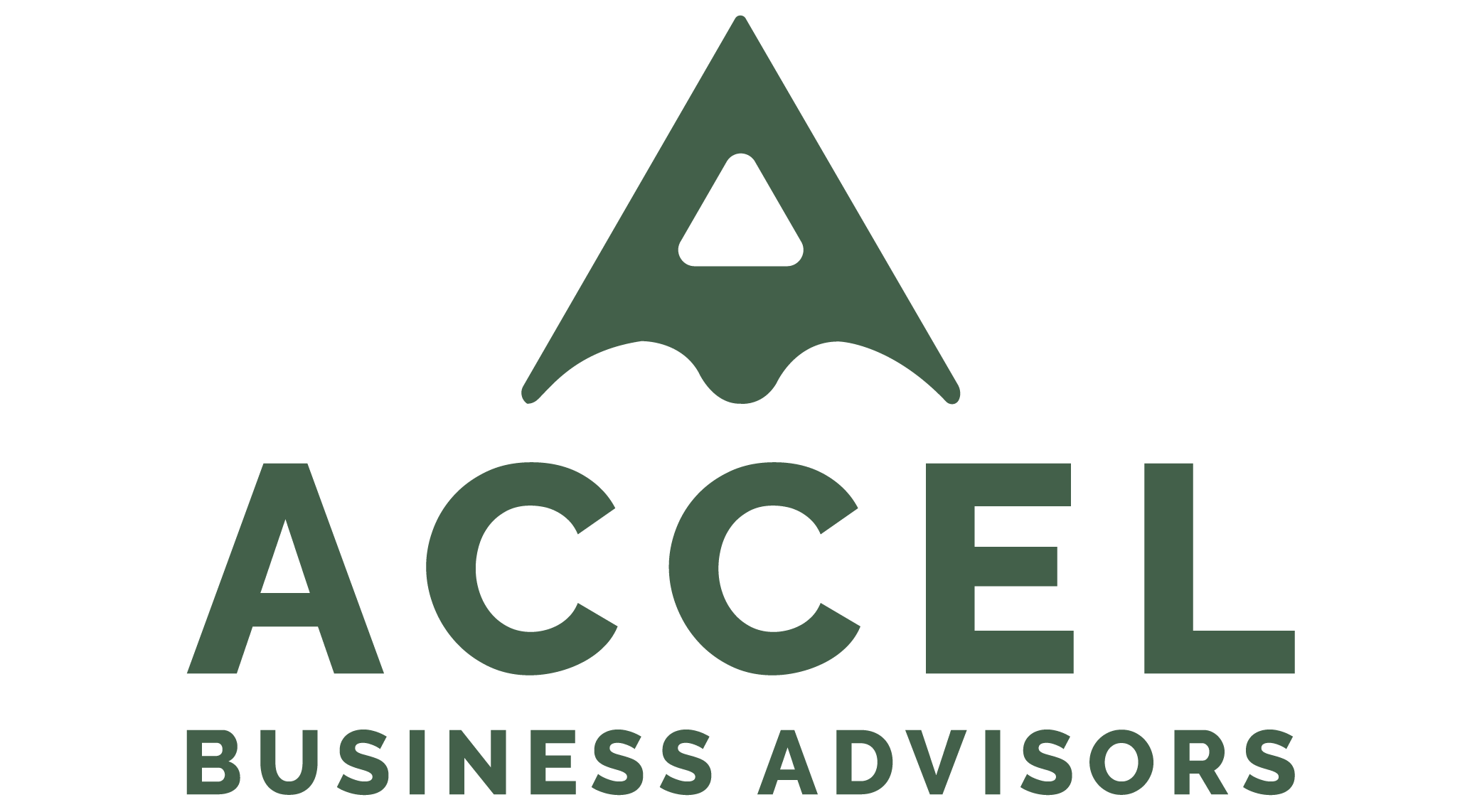In the last couple of blogs, we covered the essential steps involved in selling your business and how to prepare for the sale. From assessing the value of your business to understanding the sale process, we’ve
laid the groundwork for a successful transition. Now, as you move forward, it’s time to focus on one of the most critical elements: developing a comprehensive exit strategy.
Business owners, planning your exit strategy is one of the most important steps you can take to ensure a smooth and successful transition. Whether you’re preparing to retire, pursue a new venture, or simply realize the value of your business, a well-crafted exit strategy is key. Here’s how you can start preparing.
-
1. Start Early
As we discussed in the previous episodes, ideally, you should begin developing your exit strategy 2-3 years before the sale. This gives you the time to view your business through a buyer’s lens, implement value-enhancing improvements, and make pre-sale decisions that maximize both value and tax efficiency. Be sure to talk to your CPA or tax advisor and start your tax planning early if you do not want to pay a hefty capital gain tax.
2. Define Your Desired Outcomes
- Sale Goal: Be clear about what you want to achieve with the sale. Do you want a complete exit, or are you considering a partial sale? There have been unfortunate accounts of sellers experiencing depression due to a lack of work following the completion of a sale.
- Timing: Set your preferred exit timeline to help guide your planning efforts.
- Financial Expectations: As we discussed in the blog of “what is my business value”, small businesses typically sell at a multiple of the seller’s discretionary earnings or cash flow. This multiple depends on the
business’s condition, profitability, owner involvement, growth potential, market position and other factors. Establishing a realistic sale price expectation will facilitate an efficient transaction.
3. Financial Considerations
Consider your financial needs for the sale. Do you want an all-cash deal at closing, or would you be open to seller-financed loans or structured installment payments? These options could reduce your tax liability
and make your business more attractive to buyers.Do you have a well-thought plan on how to use the proceeds from the sale? Is the amount sufficient to sustain your retirement, or will it bridge the gap until you embark on a new venture? There are cautionary tales of
sellers who sold their businesses, invested in lavish homes in Florida, and later discovered they lacked the funds to manage their mortgages and retirement lifestyle, ultimately leading them back to the workforce after a few years. It is highly recommended for sellers to consult with a financial planner when starting to consider a sale. Wise allocation of the proceeds from the sale is crucial.4. Identify Your Preferred Buyer
Determining whether to sell to a particular buyer, like a business partner, key employee, or family member, or to remain open to any qualified buyer is crucial. The type of buyer you favor will shape your marketing and negotiation tactics.
5. Post-Sale Involvement
Consider if you wish to remain involved with the business following the sale. Are you inclined to assume an advisory or managerial role, or would you opt for a complete departure? Typically, sellers are obligated to
offer training during a brief period after closing to facilitate the transition. Would you prefer a clean break post-transition, or do you desire ongoing involvement?6. Post-Sale Business Objectives
Reflect on your vision for the business’s future. Do you wish to sell to a buyer committed to preserving the status quo, or are you amenable to substantial alterations? Typically, we don’t recommend that sellers
impose restrictions on the buyer’s long-term vision for the business. However, if the business was established with a particular demographic or unique purpose in mind, the seller might stipulate that the buyer uphold the same mission or business model after the purchase.7. Seek Professional Guidance
A business broker or M&A advisor can help you navigate the complexities of selling your business and developing an exit strategy. At Accel Business Advisors, we offer valuable insights and expertise to guide you
through a smooth and successful transition.If you are ready to create an exit strategy tailored to your personal and financial goals, contact us for a free consultation here. We’re here to help you maximize the value of your business and ensure a successful sale.
